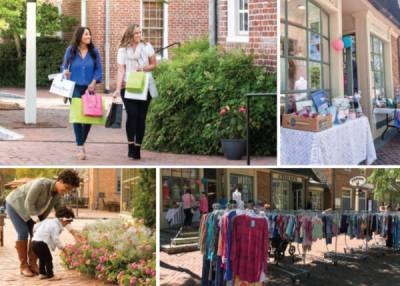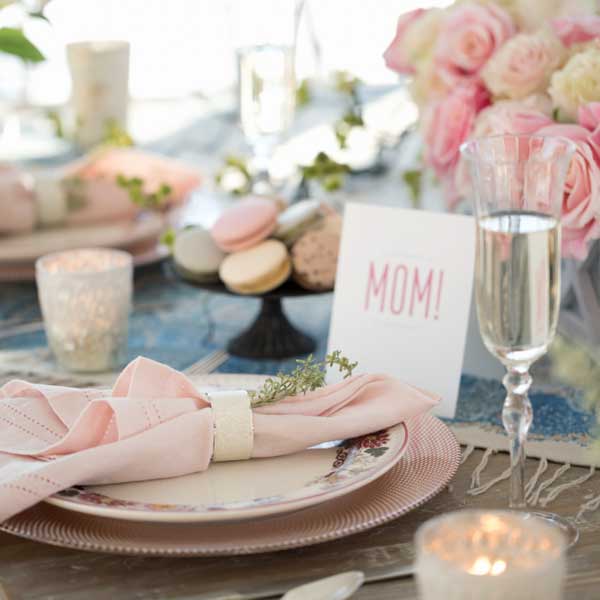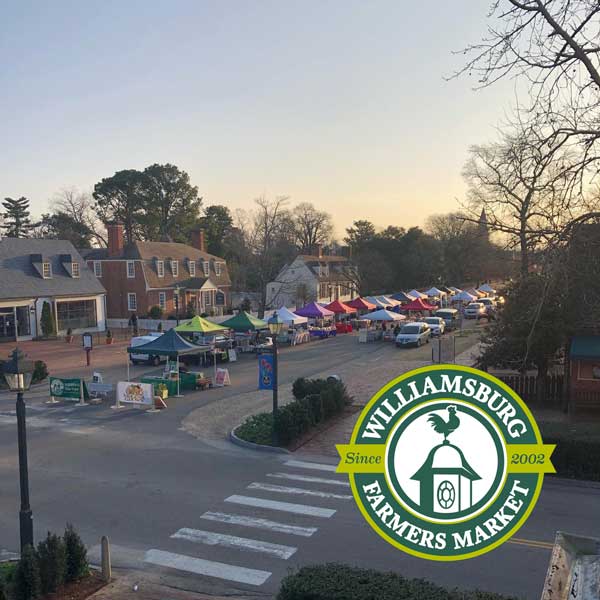Birth Choices
Frequently local pregnant women lament about the lack of choices for prenatal care and childbirth providers locally. The good news is that there are choices, although they seem to be hidden in plain sight. Today, we will bring them out of hiding.
Some women would like the comfort of midwifery care, but the safety of the hospital. For midwifery care at a hospital, there are birth centers within hospitals. Women go to their prenatal appointments through the group of midwives who work at that hospital. They rotate the appointments through each midwife, so that they get to know any midwife who may be with them during labor. In the labor rooms they generally have birthing tubs, and a more homelike atmosphere than a traditional hospital room. Because they are part of a hospital, and overseen by OB’s, they fall within the policy, protocol and procedures of the hospital, but they have a lower intervention approach to labor and birth. For a woman researching this care; she should ask questions about how the midwifery care in the birth center is comparable or different from the regular maternity floor in the same hospital, can they birth in tubs, or just labor, what are their rates of intervention, and their basic philosophy of care. Some birth centers of this description are located at MCV in Richmond, and DePaul in Norfolk.
Other women have a strong belief that pregnancy and birth are normal bodily functions, and want a care provider who strives to protect the sanctity of that. Often they want to avoid unnecessary interventions and interruptions that are so prevalent in a hospital environment, but still want to birth in an environment where there is ready access to medical procedures. A free standing birth center is a good choice for women seeking this kind of care. The most local center is The Family Maternity Center near Kilmarnock. Some locally may be concerned about the trip there, which is just over an hour. Others feel that the drive is relaxing, and that the time spent in the car is similar to what the wait times in a doctor’s office would be. Unlike a hospital birth where it is recommended that a woman get there well into active labor, a woman giving birth at a birth center would go early in labor so that she is able to get comfortable, and connect with her body as it moves through labor. Therefore the fear of traveling in active labor is alleviated. There is an OB onsite in case of emergency, and transport time is approximately 7 minutes to a hospital. With this type of care the woman is much more in control of her own care, and makes decisions about what is the right route for her and her family. There are no routine interventions like IV’s, monitoring belts, withholding of food or drink, or separation of mom and baby. The birthing suites are large, with tubs, patios and family rooms for extended family. The midwives model of care is to view pregnancy and birth as a healthy, natural life experience, and preserve the connectedness of mother and baby through this special time.
The other option is home birth with a midwife. Home birth midwifery care puts mom and dad in the driver’s seat of decision making. The midwives support women to learn about their bodies and options, so that they make informed decisions about the care that they want. Local midwives are educated, certified and licensed by the state of Virginia, and have many years of experience serving women throughout the childbearing year. They make recommendations based on their vast knowledge, but ultimately the decisions are made by the mom. In the home environment, a mom is in her sacred space, her comfort zone, and the midwives come to care for her and baby during labor and birth. The midwives support moms through pregnancy and birth, recognizing that it is normal unless a medical problem arises. If a medical problem arises during pregnancy or labor the midwife would recommend transferring the mom’s care to an OB. The home birth option is a good one for low risk healthy women, and home births have excellent outcomes. A healthy woman with a normal labor at home is not interfered with for routine hospital procedures, and interventions which can lead to additional interference and problems. When those interventions are avoided from the start, so are the many issues that occur during labor. When this is understood, it dispels the “what if” concern dramatically. Seven Cities Home Birth Midwifery Care is a practice of midwives that support pregnant women and attend births in Williamsburg.
Ultimately it is a woman’s choice where she wants to give birth. There is no option that is right for everyone, and women should support one another, even if their choices are different. Women who educate themselves about their options, make informed decisions that are correct for their family. Too frequently, women make choices based solely on others recommendations, without doing their own research, or they feel that options don’t exist. Women should not be deterred by options that may not be in the immediate metro area, and not be fearful of going a little further for the care that they want. It is important that women speak up, and if their insurance carrier does not cover the kind of care that they want, they should ask that all types of care be covered. If a hospital or care provider does not provide options in care that a woman seeks, she should tell them what she wants. Changes and options will not appear unless women voice what they want. The key is that women educate themselves, and make the best choice for their individual situations.
Lori Hill CD(DONA), LCCE is a DONA Certified Birth Doula, a Lamaze Certified Childbirth Educator, and a student of midwifery. She teaches Lamaze in Williamsburg and in Kilmarnock to families seeking to understand the birth process better. She has had the honor of assisting parents in over 50 births locally as a birth doula, and is the Director of Public Relations for DONA International. Lori is married to her husband Daryl, a retired Marine, and has 2 daughters: Tara – 24, and Aria – 17.


































